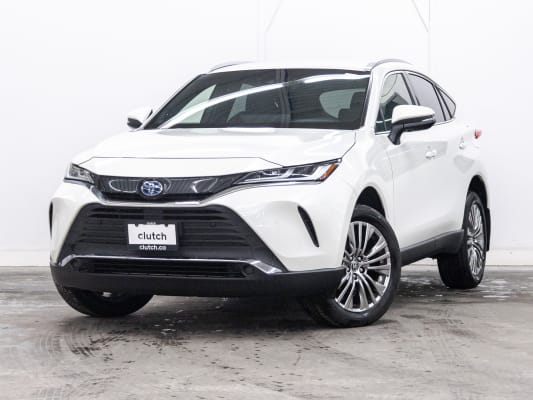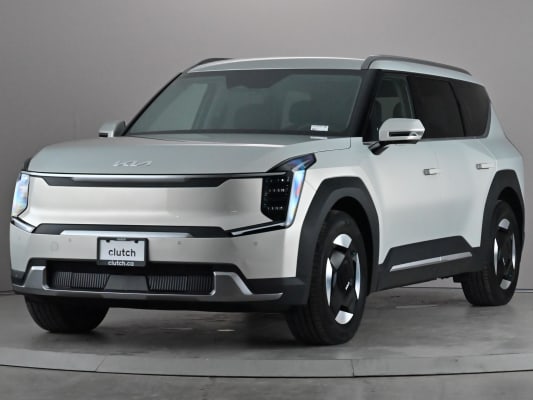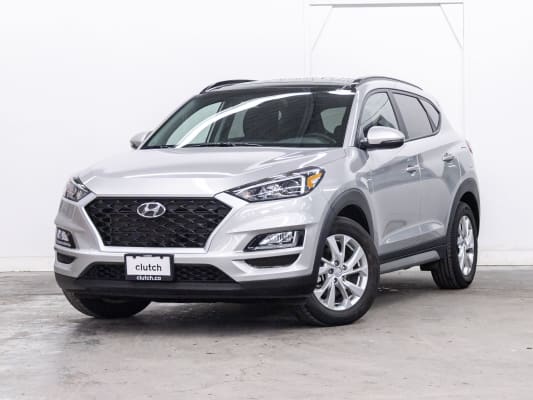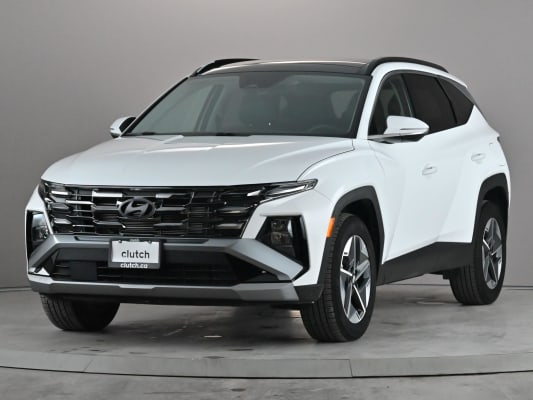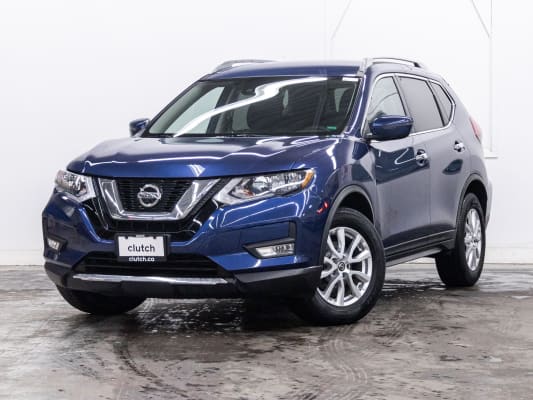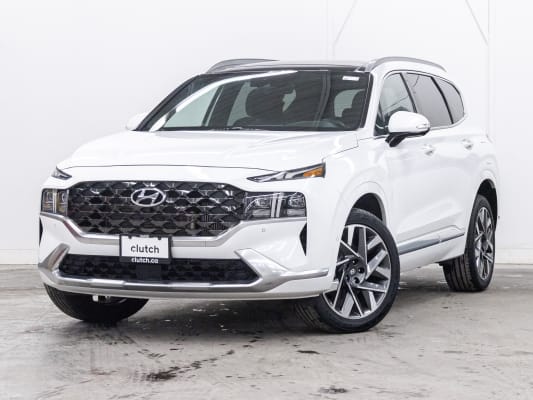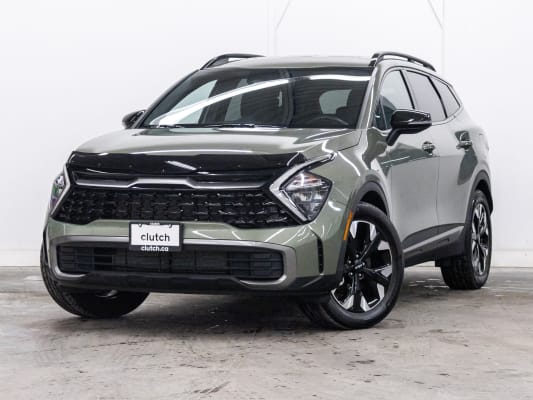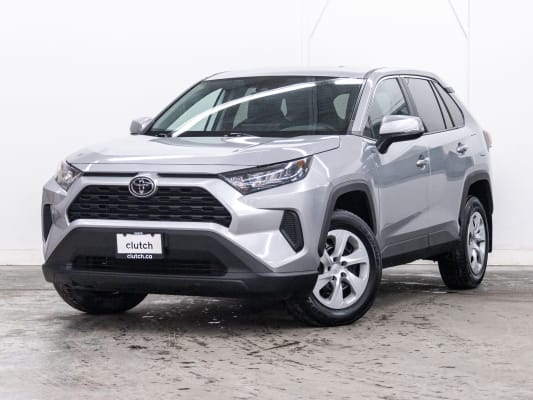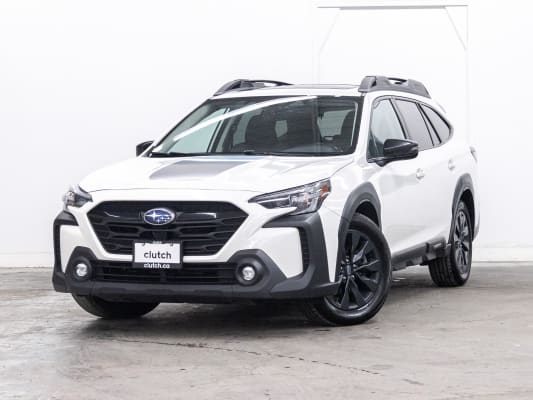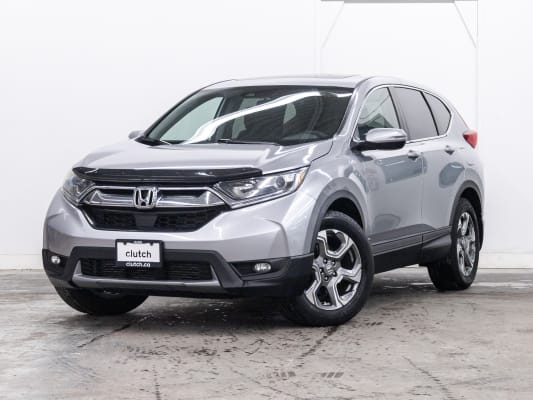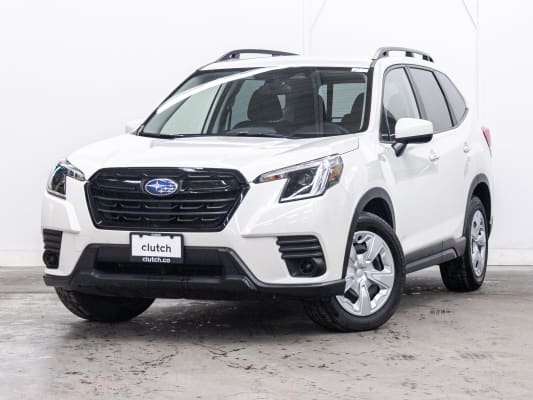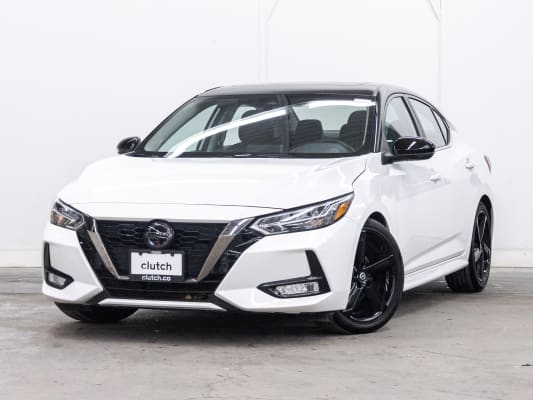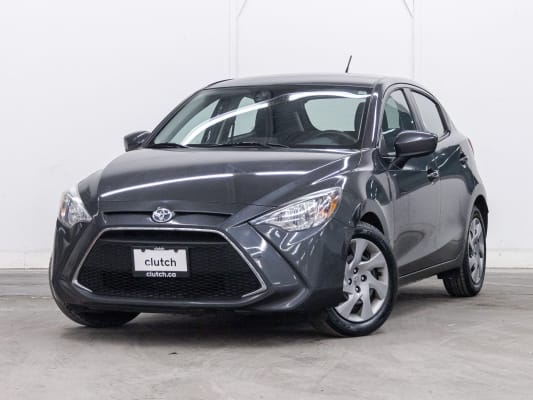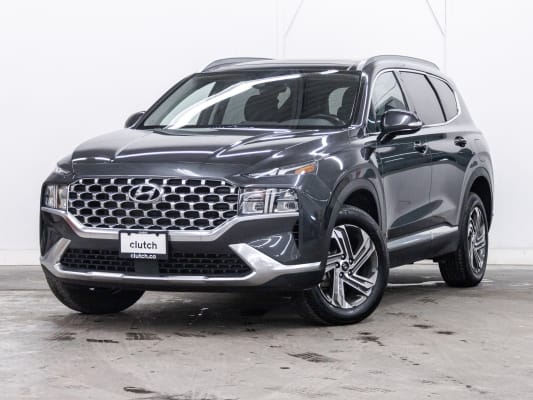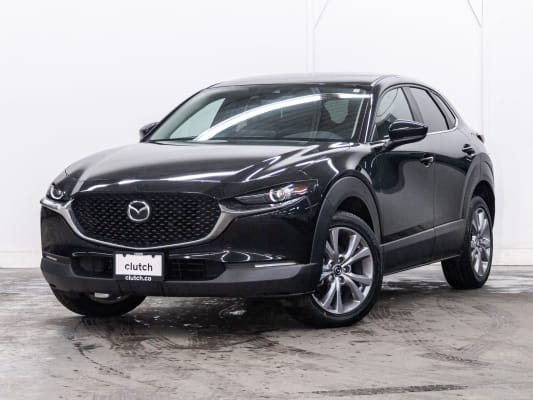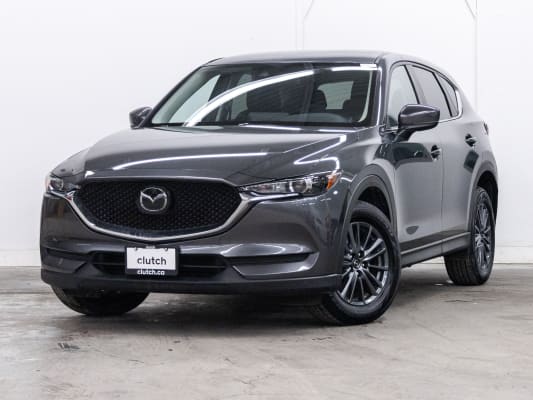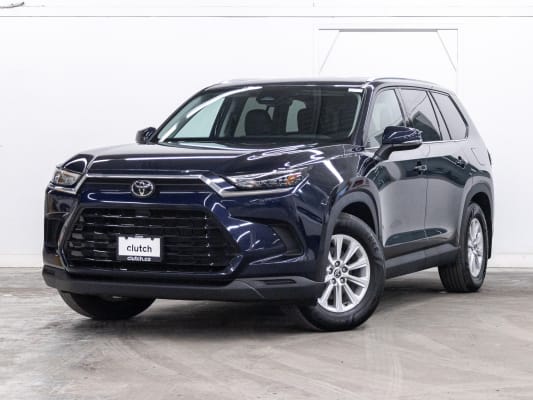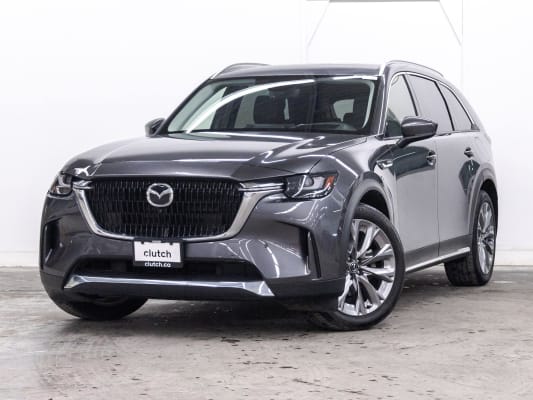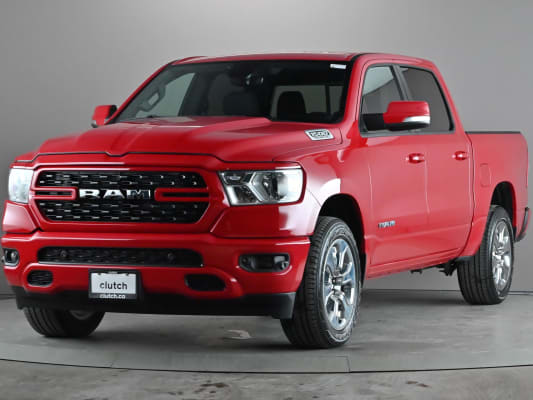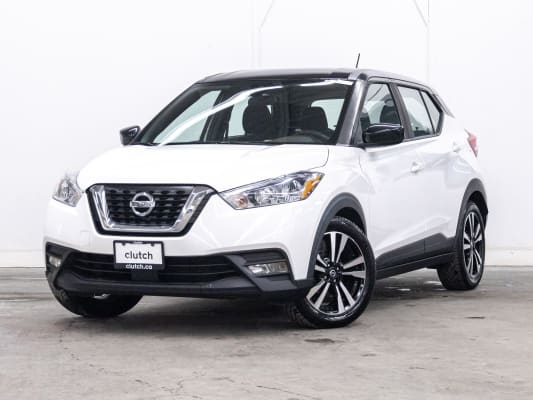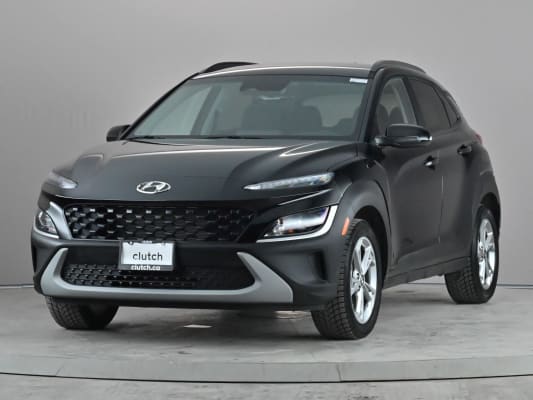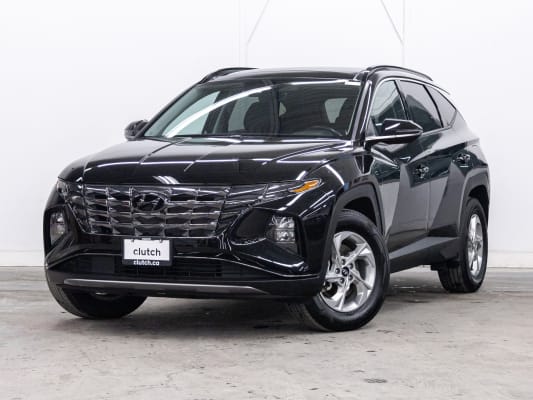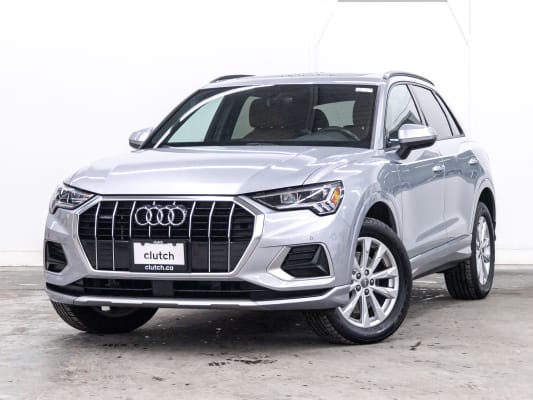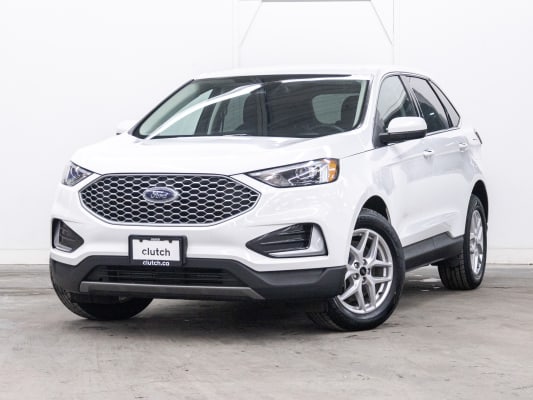Why is that luxury car you’ve been eyeing selling for about half its market price? The explanation could be found in two words: rebuilt title. With insurance companies increasingly writing off vehicles, even for minor yet costly repairs, you may be considering this financially-friendly path.
Many others are also exploring this option. Millions of vehicles in North America now carry rebuilt titles, offering savings of 20-50% compared to their clean-title counterparts. While these savings sound attractive, understanding what you're getting into can make the difference between a smart investment and a costly mistake.
Let's explore what this means for you as a potential buyer of rebuilt title cars in 2025.
What is a Rebuilt Title Car?
Think of a rebuilt title car as a comeback story. These vehicles have been declared a total loss by insurance companies before becoming road-ready again. Unlike vehicles with clean titles, they’ve undergone costly repairs and passed rigorous inspections to verify their drivability.
With that said–-your potential savings on a rebuilt title car could be significant, but first, let's break down exactly what you're getting in more detail.
Understanding Salvage vs. Rebuilt
Picture two identical cars with very different stories. One has a salvage title—it's been damaged and can't legally hit the road. The other has a rebuilt title, meaning it's gone through extensive repairs and passed tough safety inspections to earn its second chance at life. Your rebuilt title car has proven itself worthy of the road through professional repairs and rigorous testing.
Common Causes of Salvage Titles
Not every salvage title tells the same story. Some vehicles earn this status from repairable accident damage, while others might have survived theft or weather events. Understanding the cause helps you make a smarter buying decision. Stay away from flood-damaged vehicles—they often hide long-term problems that no amount of repairs can fully fix.

How Does a Car Get a Rebuilt Title in Canada?
Your future car's path to redemption starts when an insurance company declares it a total loss— typically when repair costs hit 70-80% of its value. But don't let that percentage scare you. Many of these vehicles can be safely restored to their former glory through professional repairs and careful documentation.
The Salvage to Rebuilt Process in Canada
Understanding how a car earns its rebuilt status helps you make informed decisions. The process follows the Canadian Vehicle Status Management Program (CVSMP), with specific requirements varying by province.
Step 1: Documentation Needs
The journey begins when a vehicle is declared salvage. Owners must gather extensive paperwork, including rebuilding permits, photos, and insurance damage estimates.
Step 2: Professional Repairs
Only licensed body shops can perform the necessary repairs. They must document everything, from replacement parts to repair techniques. Each step requires photographs and detailed records to make sure the vehicle meets manufacturer specifications for safety and performance.
Step 3: The Inspection Phase
Provincial-approved inspections will verify structural integrity and VIN numbers. Only after a thorough review of repair information will they issue the vehicle with a certified inspection certificate.
Step 4: Meeting Local Standards
Requirements vary across provinces. Quebec mandates mechanical inspection certificates, while Manitoba requires Body Inspection Integrity Certificates. All provinces enforce safety certification and alignment documentation standards.
Step 5: Earning Rebuilt Status
The final step involves submitting all documentation to the provincial licensing office. This includes the structural inspection certificate, repair documentation, current registration, and required provincial forms.
Canadian Provincial Requirements
As mentioned, each province puts its own spin on the rebuilt title process. Ontario demands both structural and safety certifications, while Nova Scotia adds extra brake and mechanical testing to the mix. British Columbia takes things further with specialized structural assessments—all designed to ensure your safety on the road.
Canadian Buyer Protections
What’s important to note is that Canadian rebuilt titles come with strict protections. Unlike some jurisdictions, Canada permanently bans flood-damaged vehicles from receiving rebuilt status. This high standard helps protect buyers, while the Interprovincial Record Exchange network ensures the rebuilt status follows vehicles across provincial borders. Time matters too - many provinces require completion of all inspections within a strict 14-day window.
Pros and Cons of Rebuilt Title Cars in Canada
Interested in driving a BMW for Honda prices? A rebuilt title might be your golden ticket to luxury car ownership. Let's explore what you stand to gain—and what to watch out for—when considering a rebuilt title vehicle.
Pros of Rebuilt Cars
Unbeatable Savings
Your dollar stretches dramatically further with rebuilt titles, typically saving you 20-40% compared to clean-title vehicles. That means you could upgrade to a higher-end model, a newer year, or better features than you originally planned. Imagine driving that dream car while keeping thousands in your pocket.
Transparent History
Unlike many used cars with mysterious pasts, rebuilt titles come with detailed repair documentation. You'll know exactly what was fixed, when it was done, and who did the work. This transparency helps you make an informed decision about your investment.
Premium Access
That luxury vehicle you've been dreaming about might finally be within reach. Rebuilt titles open doors to high-end vehicles at mid-range prices, letting you step up to premium brands without the premium price tag.
Cons of Rebuilt Cars
Insurance and Financing
There are exceptions to rebuilt cars. One of them is that you can expect to pay 25-50% more for insurance, and traditional banks might be hesitant to finance. But credit unions and specialized lenders often step in where big banks step back.
Future Value
With rebuilt title cars, while you get the quality for less—you won’t be able to sell them at non-rebuilt title car prices. However, If you're planning to keep the car long-term, these savings often outweigh the future trade-off.
Hidden Surprises
Even with detailed repair records, some issues might not surface immediately. For example, frame repairs might look solid but show stress cracks months later. Even properly aligned body panels could hide rust beginning to form beneath fresh paint.
That's why you'll want a trusted mechanic to inspect every inch before you buy. It’s your insurance policy against future headaches.

Essential Tips for Buying a Rebuilt Title Car
Looking to turn that rebuilt title purchase from a gamble into a sure bet? These insider tips will help you navigate the process like a pro. Here's your roadmap to making a smart, confident decision.
Do Your Research
Think of a vehicle history report as your car's biography—it tells the whole story. Start with Carfax Canada to uncover the details of what happened and why. Your detective work here could save you thousands down the road, especially when you spot red flags like multiple accidents or inconsistent repair documentation.
Get a Professional Opinion
Would you buy a house without an inspection? Your rebuilt title car deserves the same attention. Have a certified mechanic perform a comprehensive inspection focusing on critical areas:
- Frame alignment and structural integrity
- Safety systems, especially airbags, and brakes
- Engine and transmission performance
Verify Everything
Play it safe–-double-check all documentation like you're studying for a final exam. Ensure you have provincial structural certificates, safety standards documentation, and current registration status. Pay special attention to repair facility credentials and any outstanding recall notices.
Master the Price Negotiation
Time to channel your inner dealmaker. Research similar clean-title vehicles and subtract 20-40% from your target price. Document any concerns from the inspection and calculate future insurance and maintenance costs. Keep emotion out of the equation—be ready to walk away if the numbers don't work.
Secure Insurance First
Here's a pro tip many buyers miss: shop for insurance before you shop for the car. Contact at least three insurance providers for written quotes on comprehensive coverage. Ask about rebuilt title restrictions and consider bundling with other policies for better rates.
Plan Your Purchase
Think chess, not checkers. Consider your five-year ownership plan, including a monthly maintenance budget and emergency repair fund. Factor in local mechanic availability and your future resale strategy. A rebuilt title car needs extra care and attention, but with proper planning, it can be an incredibly rewarding decision.
Should You Buy a Rebuilt Title Car?
Whether a rebuilt title car is right for you depends on your comfort with risk, mechanical knowledge, and long-term plans. Let's help you make that decision with confidence.
When to Consider a Rebuilt Title
You might be the perfect candidate for a rebuilt title if you're mechanically inclined or have a trusted mechanic. These vehicles make particular sense if you're planning to keep the car long-term and value initial cost savings over future resale value.
Your knowledge of cars and maintenance can turn these diamonds in the rough into reliable daily drivers.
When to Walk Away
Red flags should wave if the seller can't provide detailed repair documentation or if the price seems suspiciously low. Watch out for flood-damaged vehicles—they can never be legally rebranded in Canada. Trust your instincts. If something feels off, it probably is.
Pay special attention to sellers who seem evasive about the vehicle's history or rush the inspection process. Remember that a legitimate rebuilt title should come with extensive documentation detailing every step of the restoration process.
Smart Shopping Strategies
Start by requesting a comprehensive vehicle history report and maintenance records. Have your mechanic perform a thorough inspection, focusing on structural integrity and safety systems. Pay special attention to airbag systems and frame repairs—these are critical safety components that must be properly restored.
Look for consistent documentation that matches the vehicle's repair history, and don't hesitate to contact previous repair shops for verification. A reputable seller should welcome this level of due diligence.
Think Long-Term
Think about your five-year plan with this vehicle. Will you need to resell it? Are you prepared for potentially higher maintenance costs?
When buying a car, think about not just the price, but also insurance premiums, regular service, and a cushion for repairs. Take these contingencies into account against the initial savings to ensure the math works in your favour.

Avoid Rebuilt Title Research and Drive with Clutch
Clutch offers pre-owned vehicles that undergo a rigorous 210-point inspection and come with an optional 3-month, 6,000-km warranty. Visit Clutch.ca today to explore our selection of quality used vehicles with clean titles and complete peace of mind.


.avif)
.avif)
.avif)
.avif)





